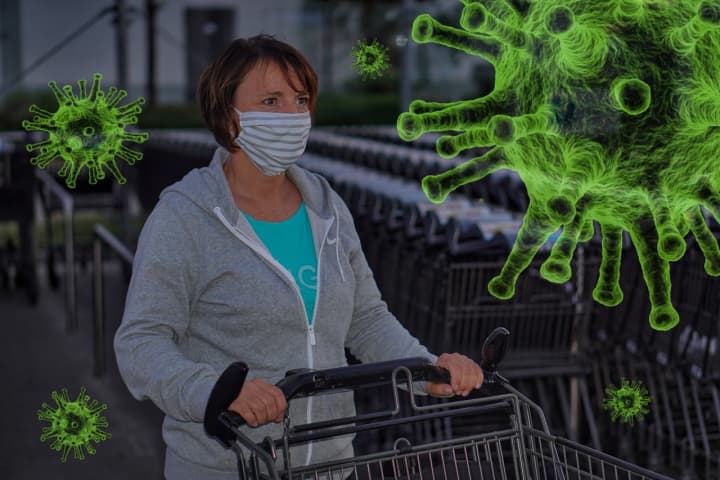With new COVID-19 cases on the rise across the country, the CDC laid out new guidance to help those who have to provide support for someone who falls sick.
The CDC said that caretakers should follow doctor’s orders, and see if any over-the-counter medicines help make the person feel slightly better. The sick person should be drinking lots of fluid, and contact should be limited between the two.
Officials said that a doctor’s phone number should be readily available, and if a person keeps getting sicker, 911 should be called, with a warning that the person being treated could potentially have COVID-19.
The caregiver should also not be someone who is older or at high-risk for COVID-19.
According to the CDC, caretakers should seek medical attention when one has:
- Trouble breathing;
- Persistent pain or chest pressure;
- New confusion;
- Inability to wake up or stay awake;
- Blue-ish lips or face.
Anyone who is sick with a suspected COVID-19 case should be isolated in a separate bedroom and bathroom and at least six feet away from anyone else in the home. If separation isn’t possible, the room should have good airflow, officials said.
Meals should be shared in separate rooms, wish dishes and utensils washed while using hot water and wearing gloves.
Caregivers should also quarantine when possible.
The CDC also issued guidance on when to wear masks or gloves when taking care of someone who may have COVID-19.
For the person who is sick:
- The person who is sick should wear a mask when they are around other people at home and out (including before they enter a doctor’s office);
- The mask helps prevent a person who is sick from spreading the virus to others. It keeps respiratory droplets contained and from reaching other people;
- Masks should not be placed on young children under age 2, anyone who has trouble breathing or is not able to remove the covering without help.
For the caregiver:
- Put on a mask and ask the sick person to put on a mask before entering the room;
- Wear gloves when you touch or have contact with the sick person’s blood, stool, or body fluids, such as saliva, mucus, vomit, and urine. Throw out gloves into a lined trash can and wash your hands right away;
- Practice everyday preventive actions to keep from getting sick: wash your hands often; avoid touching your eyes, nose, and mouth; and frequently clean and disinfect surfaces.
Complete guidance from the CDC on how to best care for someone with COVID-19 can be found here.
Click here to follow Daily Voice Hartford and receive free news updates.


